Just when you think everything that can possibly be written about Hemingway or his life or his writing has been done, another level of knowledge is uncovered.
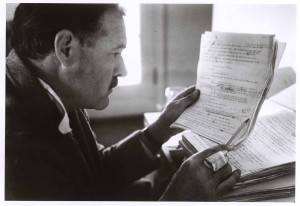
The third volume of Hemingway’s letters, which covers the period 1926 to 1929, has been published. Those were truly wonderful years. He wrote The Sun Also Rises in about six weeks—at least for the first draft—in 1926. It was published in 1927. These letters cover correspondence with some of the literary luminaries of the day as well as cover a very rich and turbulent period for Hemingway.
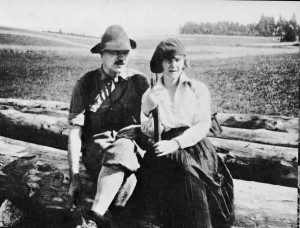
We are all familiar with the spare prose and tight structure of his writing. Consequently, his letters are surprisingly rambling and fun. He writes very honestly about his divorce from his first wife, Hadley, and of the pain of falling in love with a woman who became their mutual friend, Vogue journalist Pauline Pfeiffer. He also wrote of the drama of the birth of his first son, Patrick, by cesarean section during which Pauline almost died. It also was at this period of time that he relocated to Key West and completed his second book Men Without Women.
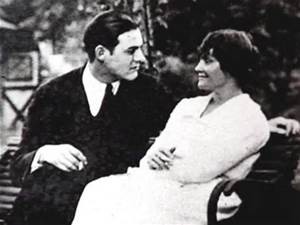
While Hemingway aficionados are familiar with his dislike of his mother throughout his life, it may be less well known that he was very fond of his father who killed himself. In the letter to Pauline’s mother following his father’s suicide, he wrote, “I was awfully fond of my father—and still feel very badly about it all and not able to get it out of my mind and my book into my mind.”
Seventy percent of the letters have never been published before. They reveal a side to Hemingway that has had very little exposure: his intense drive to be the best writer out there, his insecurities, his enjoyment of a little gossip. He wrote F. Scott Fitzgerald asking him to write “all the dirt.”
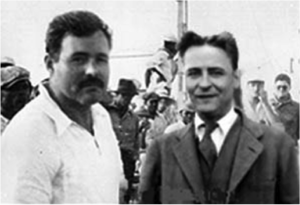
It also seems clear that the culminating event in A Farewell to Arms, i.e. Catherine’s death during childbirth—is based in large part on Pauline’s difficulties. At the end of A Farewell to Arms when the nurse asks Frederic Henry if he’s proud of his newborn son, Frederic’s response is almost verbatim from a Hemingway letter in which he replied, “No, he nearly killed his mother.”
Hemingway had always asked that his letters never be published, but his fourth wife Mary agreed to the publication of some and I’m not familiar enough with the details of the estate to know exactly how these came to be published.
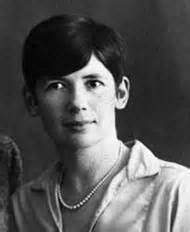

Read the letters and enjoy. Also, if you’re in New York catch the exhibit that’s at the Morgan Library. You won’t regret it. Love, Christine
